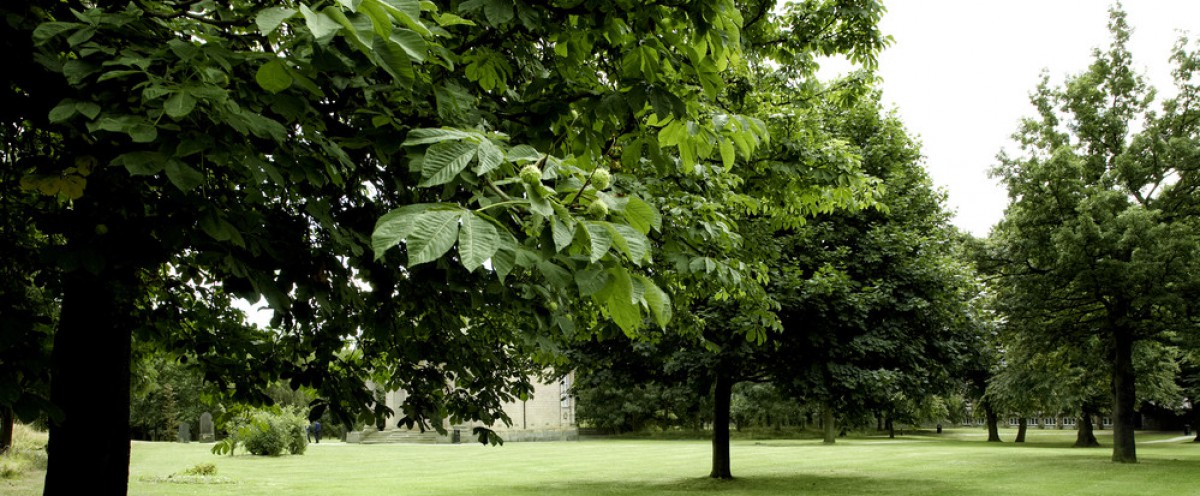Tina Coldham writes on loneliness in co-production
A few weeks ago, I was at an event looking at employing disabled people in the NHS, or indeed increasing the numbers of disabled people working there.
I joined a workshop which was looking at co-production in the NHS with its services users, and there were two examples from a mental health trust. They both seemed well meaning and had good user involvement to the point that they were co-producing, which was great to see.
I sat with them over lunch and chatted some more and one of the managers, who was a unit leader and had a certain amount of autonomy in his role, said that he felt “very lonely” at times co-producing. This stunned me, and I asked him to say more. He confirmed to me that if the prevailing culture of an organisation is not to co-produce, then those that do so are sticking their necks out. They can become very vulnerable to criticism and lack of support as they are viewed as a dangerous maverick by others within that organisation.
I thought about why it was that I was so shocked by his statement and considered my experience at the Social Care Institute for Excellence – SCIE. SCIE was established in 2001 and produces knowledge resources, bespoke training and consultancy for the social care world to help drive improvements in users and carers experiences of social care, for them to ultimately have a better life.
From the beginning there was a strong emphasis on involving people who use services and carers and the first Chair of SCIE was disability activist Jane Campbell, now Baroness Campbell of Surbiton. SCIE established a participation team who were dedicated to making sure users and carers were involved in SCIE and were properly looked after in doing so.
SCIE decided that it would step up to co-produce its work with service users and carers in 2011. It stepped up its ambition for involving users and carers throughout the organisation at a strategic and organisational level, made sure there was resourcing in terms of staff and finances to do this, and began a journey of discovering of what co-production means in practice in an improvement agency trying to help the social care field up its game.
So where are we now? One of our cores values is to co-produce, specifically to “co-produce our work with people who use services and their carers to identify what works and how that knowledge can be put into practice”. We have a co-production charter to help guide our work. We conducted a board recruitment recently, and out of four new members, three identify as disabled people.
I am a board member too and I also chair the Co-production Network which is there “to support user, carer and equality groups’ involvement in SCIE’s strategic decision making and provide a pool of stakeholders which SCIE can work with to co-produce projects and programmes.”
We have a Co-production team of four within a staff group of less than 70, with a dedicated budget for its work and direct experience of mental health, disability and learning difficulties. All staff are trained in why co-production is important to their roles, and we are now offering training and consultancy on co-production to the field from the perspective of knowing what we are trying to achieve and hoping to inspire others to work in this way.
From 4 – 8 July we are holding the first National Co-production Week, encouraging everyone to showcase their co-production work. We are also holding a co-production festival on the 7Th of July to celebrate all the good stuff happening, and also starting to draw up a co-production manifesto to get people and organisations to pledge to go the co-pro route like SCIE.
With all this going on, I hope that we can arrive at a point in future where no-one feels very lonely in an organisation when trying to work in a co-productive way. Indeed, my challenge to you is to answer the question, “Can you give any examples of where co-production or user involvement has had a positive impact on policy or practice?” We can then carry on the conversation together – and make sure co-production is never a lonely experience.
Tina Coldham
SCIE Co-production Network Chair


